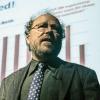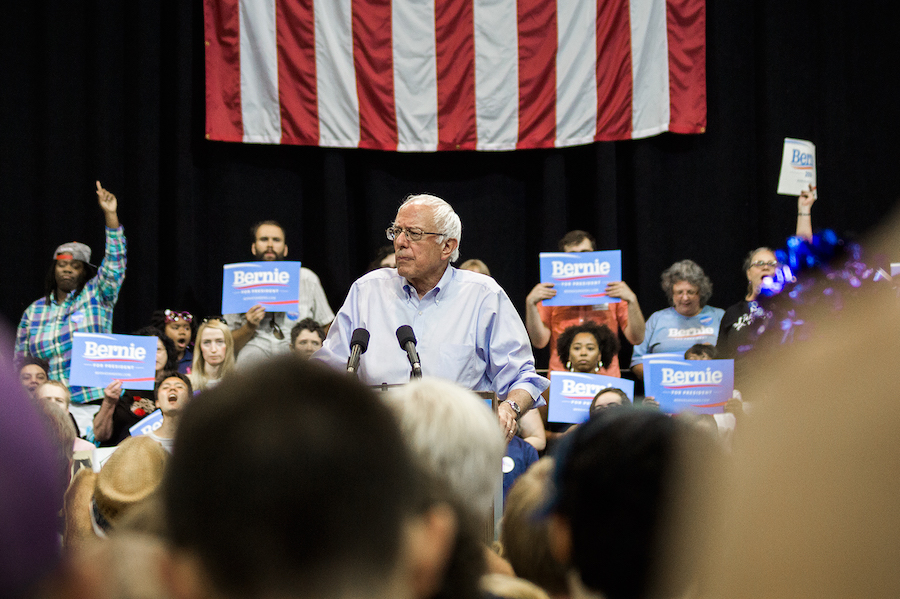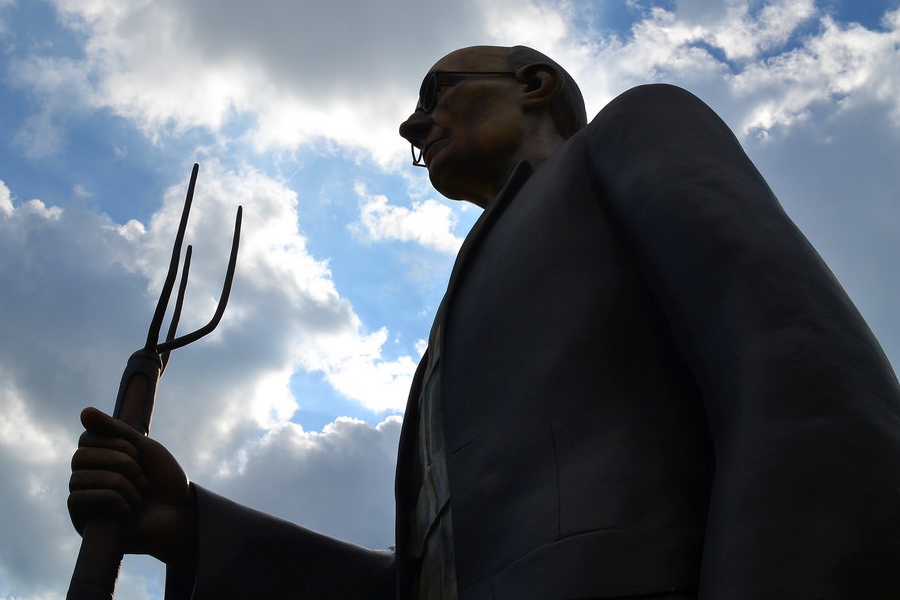Gerald Friedman, professor of economics, has research interests in the areas of economic history, specifically 19th- and 20th-century France and the US; political economies; and the economics of healthcare. He has drafted financing plans for single-payer healthcare systems, and has served on the editorial boards of several academic journals.
Education:
Ph.D., Economics, Harvard University, 1986. Dissertation: Politics and Unions: Government, Ideology, and the Labor Movement in the United States and France, 1880-1914.
B.A., Economics and History, Columbia University, 1977
Professional Experience:
University of Massachusetts at Amherst: Department of Economics, September 1984-present
Tufts University: Department of Economics, Lecturer, September 1983-June 1984
Clark University: Department of Economics, Part-time Instructor, Spring 1983
International Ladies Garment Workers’ Union: Research Assistant, June 1977-July 1978
Research Interests:
Economic History: 19th and 20th century United States
New World Slavery: 19th and 20th century France
Labor History: Europe and North America
Labor Economics
Political Economy
The Economics of Health Care
Honors and Awards:
German Marshall Fund of the United States Fellowship, 1989-90
Certificate of Excellence in Undergraduate Teaching, Harvard-Danforth Center for Teaching, Harvard University, 1981
Phi Beta Kappa and Magna Cum Laude from Columbia University
Professional Activities:
- Drafted financing plans for single-payer health care systems for Maryland, Massachusetts and the United States.
- Associate Editor of Labor History 2003-present.
- Member of the Editorial Board, The Journal of Economic History (September 1994 - 1998).
- Member of the Editorial Board, The American Journal of Sociology (September 1995 - 1997).
Affiliations:
American Economic Association
Economic History Association
Labor and Working Class History Association
Social Science History Association
Society for French Historical Studies
Selected Publications:
Reigniting the Labor Movement: Restoring means to ends in a democratic Labor Movement (London and New York, Routledge, 2007).
State-Making and Labor Movements. The United States and France, 1876-1914 (Ithaca, Cornell University Press, 1998).
“Success and Failure in Third Party Politics: The Knights of Labor and the Union Labor Coalition in Massachusetts, 1884-88” International Labor and Working Class History 62 (Fall 2002), 164-88.
“What is Wrong with Economics? And What will Make it Right?” Working USA (Fall 2000), 133-47.
“The Political Economy of Early Southern Unionism: Race, Politics, and Labor in the South, 1880-1953,” Journal of Economic History 60 (June 2000), 384-413.
“New Estimates of United States Union Membership, 1880-1914,” Historical Methods 32 (Spring 1999), 75-86.
“Revolutionary Syndicalism and French Labor: The Rebels Behind the Cause” French Historical Studies (Spring 1997).
“Worker Militancy and its Consequences: Political Responses to Labor Unrest in the United States, 1877-1914,” International Labor and Working Class History (Fall 1991), 5-17.
“Capitalism, Socialism, Republicanism and the State: France 1877-1914” Social Science History 14:1 (Spring 1990), 151-74.
“The State and the Making of the Working Class, France and the United States 1880-1914,” in Theory and Society (May 1988), 403-30.
“Strike Success and Union Ideology, the United States and France, 1880-1914,” Journal of Economic History (March 1988), 1-25.
“The Heights of Slaves in Trinidad,” Social Science History (November 1982), 482-515.



